Climate: A New Risk Factor for Second-Act Entrepreneurs to Consider
That beachy paradise or desert oasis may exact a high price
Editor’s note: This article is part of Navigating Change, a Next Avenue initiative made possible by the Richard M. Schulze Family Foundation and EIX, the Entrepreneur Innovation Exchange.
Kenny DiNero's bait shop and marina isn't exactly a retirement business. At 70, he's skeptical he can ever retire in the usual sense. "I squandered all my money away when I was younger instead of listening to everybody," he laments. "I'll probably work until I kick the bucket."
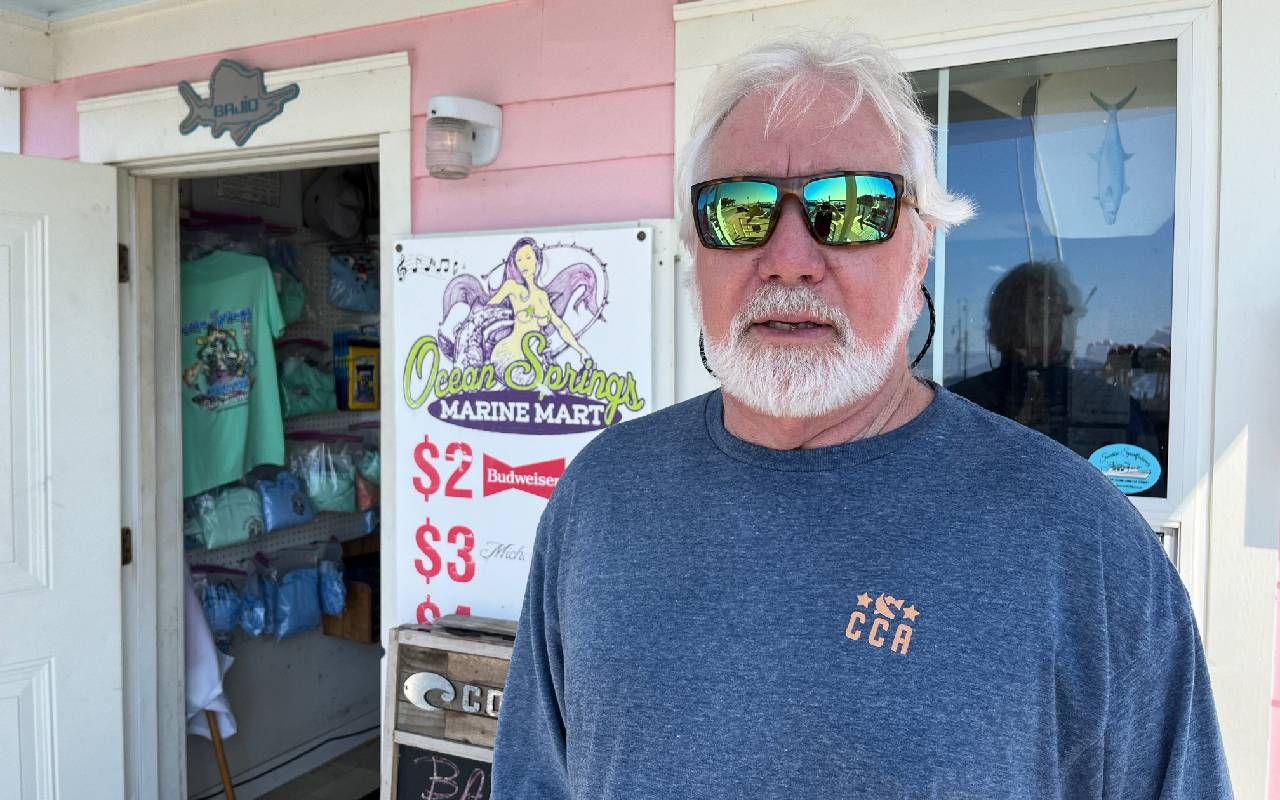
DiNero owns the Ocean Springs Marine Mart, a small operation near Biloxi, Mississippi, with 10 boat slips, a fuel dock and shop that offers bait, fishing tackle, T-shirts and high-end sunglasses. He knows that his slice of paradise along the Gulf Coast is, in some respects, a ticking time bomb.
When Hurricane Katrina raked this area in 2005, the Ocean Springs Harbor was among the many places left in ruins. DiNero says that in his previous life as a small-engine and equipment dealer, hurricanes were usually good business (generators were hot). For the marina, not so much.
Katrina Left Nothing Behind
"It just flattened everything," he recalls. "I didn't have anything left. I think we found one fuel tank and that was about it."
"Everyone in our family lost everything. Homes, cars, clothes, everything."
Katrina was a highly unusual event. Those who were around when Hurricane Camille swept through in 1969 thought they would never see the likes of that again. Katrina, in September 2005, was worse. It is the costliest hurricane on record to strike the U.S., killing more than 1,800 people and doing more than $100 billion in property damage.
DiNero says that since Katrina, insurance for his business has been well out of reach; the premiums became "astronomical." But instead of giving it up, he came up with his own form of insurance. He made the whole business mobile, including the bait shop itself. "I take everything apart," he explains. "I move the fuel tanks, I pull the fuel dispenser out. We've got it down to a science."
In the 19 years since Katrina struck, DiNero says he's had to pull everything out and get it to higher ground at least 10 times.
Coastal Magnetism
Stories like DiNero's have not stemmed the tide of eager entrepreneurs flocking to charming little towns like Ocean Springs. At the local Chamber of Commerce, CEO Cynthia Sutton says the town of 18,000 added 92 new chamber members last year alone. Mississippi pioneered the promotion of "Certified Retirement Communities," which "entice retirees to move" and that meet a set of standards set by the state.
For many, running a marina or fishing charter seems like a dream second (or third) act in their working lives. But mid-life entrepreneurship along the coast is a different game in the age of climate chaos. "We've got it built and designed where we can get it out," says DiNero. "Now the older I get, the harder it is."
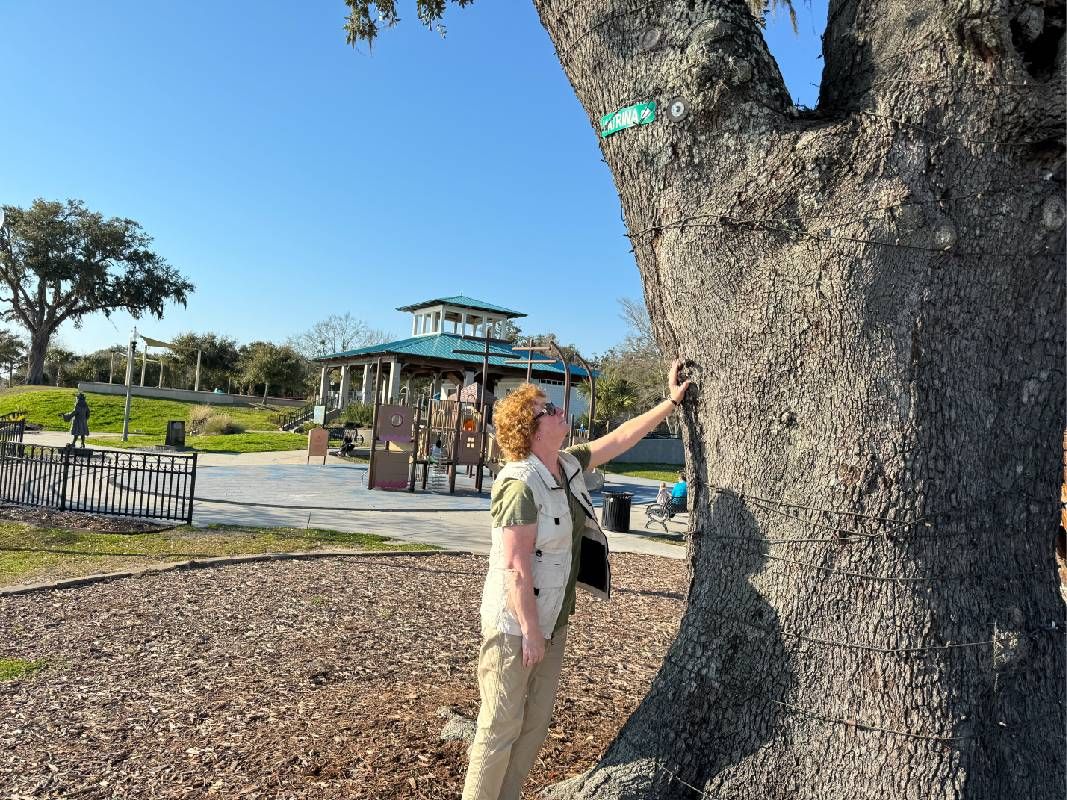
Businesses of all sizes face a range of climate risks, which vary by location. You might say they're all over the map. The first and most obvious is physical damage from wind, water and wildfire. But lurking behind those hazards is an array of indirect impacts.
Quantifying the Economic Loss
Following Hurricane Harvey in 2017, which caused an estimated $125 billion in economic damage, researchers from Temple University and the University of Georgia surveyed 273 businesses in the affected area — effectively from greater Houston to Corpus Christi on the Gulf Coast.
"Almost 90% of surveyed businesses reported losing revenue because of Harvey, most commonly in the five-figure range," the authors concluded.
The revenue losses were caused by employee disruptions, lower customer demand, utility outages and/or supply-chain issues. Scientists estimate that climate warming made Harvey about 30% more severe than it otherwise would have been.
The study's authors, Benjamin Collier, an associate professor of risk management and insurance at Temple University in Philadelphia and Marc Ragin, an assistant professor of risk management and insurance at the University of Georgia, concluded that managing existential risks at this level requires squirreling away more cash reserves, which is often difficult for smaller businesses.
Survive or Thrive?
None of this was lost on Shannon Arzola, when in 2015, she, her husband and brother created Pop Brothers, a small but hugely successful chain of shops offering artisanal ice pops. (Yes, one of the "brothers" is a sister.) Three of their four locations are in tourist towns along the Gulf Coast. "We knew that because we didn't have a lot of resources of our own, we were going to have to put everything we had into it," says Shannon.
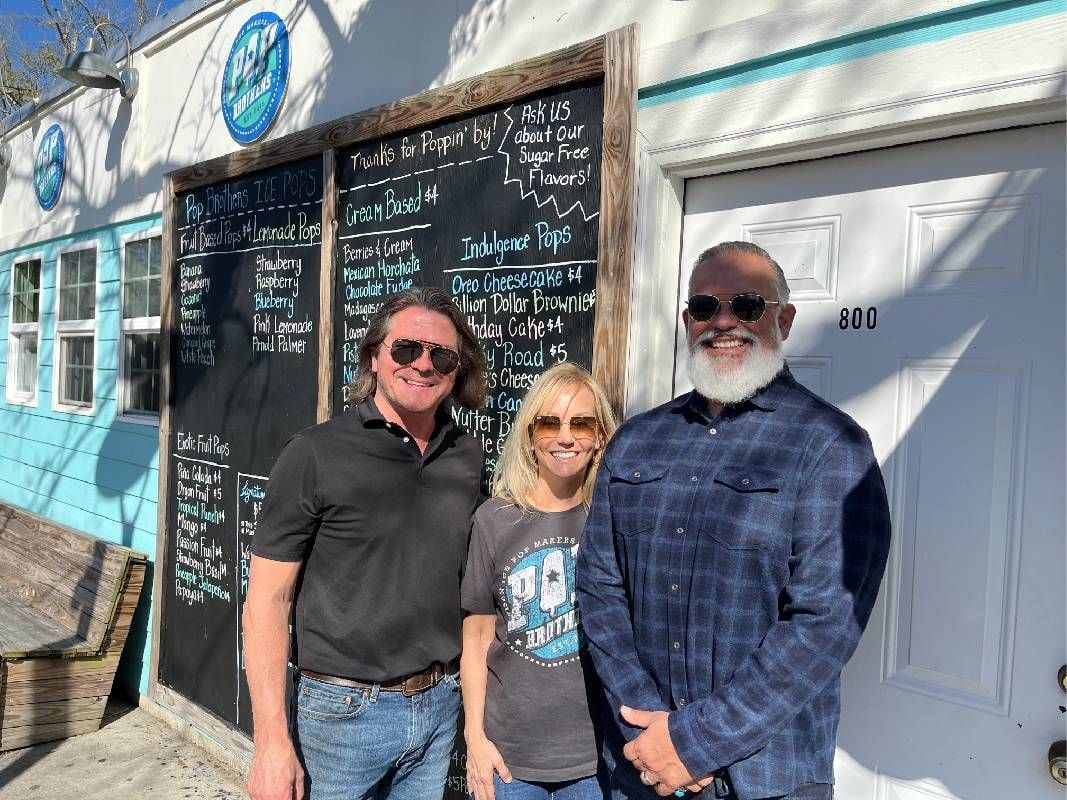
All three were coming off successful careers in hospitality industries. Shannon, 62, is the public face of the business, her husband, Octavio Arzola, the virtuoso ice pop innovator and Shannon's brother, Chuck Kelly, 60, provided seed money and operational support. With a 10-month selling season in the sultry Gulf Coast climate, they knew they had a winning concept, especially with Octavio in the test kitchen (his first flavor was "strawberries with basil and 25-year-old balsamic glaze").
"We knew we had the right climate," says Shannon, "the right customers at the right price. All we needed was for him to make them taste good." Since then, she says they have been featured in 10 national magazines, on The Food Network and CNBC's competition reality program, "Billion-Dollar Buyer."
"It's human nature to see everything that happens to your home as an anomaly. We are capable of enormous self-deception."
With Katrina just 10 years in the rearview mirror, the group didn't flinch at anchoring on their home coast. "We've survived every hurricane from Camille to Katrina," says Kelly. "We've never left."
"Survived" is the right word. Much of Katrina's worst was doled out along Mississippi's coastline. "Everyone in our family lost everything," recalls Shannon. "Homes, cars, clothes, everything. The house went completely underwater — I mean, completely gone."
Set adrift in Katrina's floodwaters, desperate for food and drink, Shannon and her brother recall raiding a fridge that floated by.
"Heck yeah," recalls Shannon. "Had beer and an ice chest, some waters . . . and a bunch of Slim Fast bars. We were good."
Her brother quickly adds, "Not a good combo."
Rushing Toward Risk
Joe DiStefano, co-founder and CEO of Urban Footprint, a California-based company that advises business and local governments on climate risk, says he sees anecdotal evidence of people — mostly affluent — retreating to lower-risk areas, but in general the trend is people moving toward risk.
DiStefano has one overarching piece of advice for would-be business owners in areas of high climate risk: set aside your romantic notions of a beachfront paradise or desert oasis. "Take a much closer look at the data and the facts before you make a decision about retirement and where you're going to spend the rest of your life and probably the rest of your money," he says.
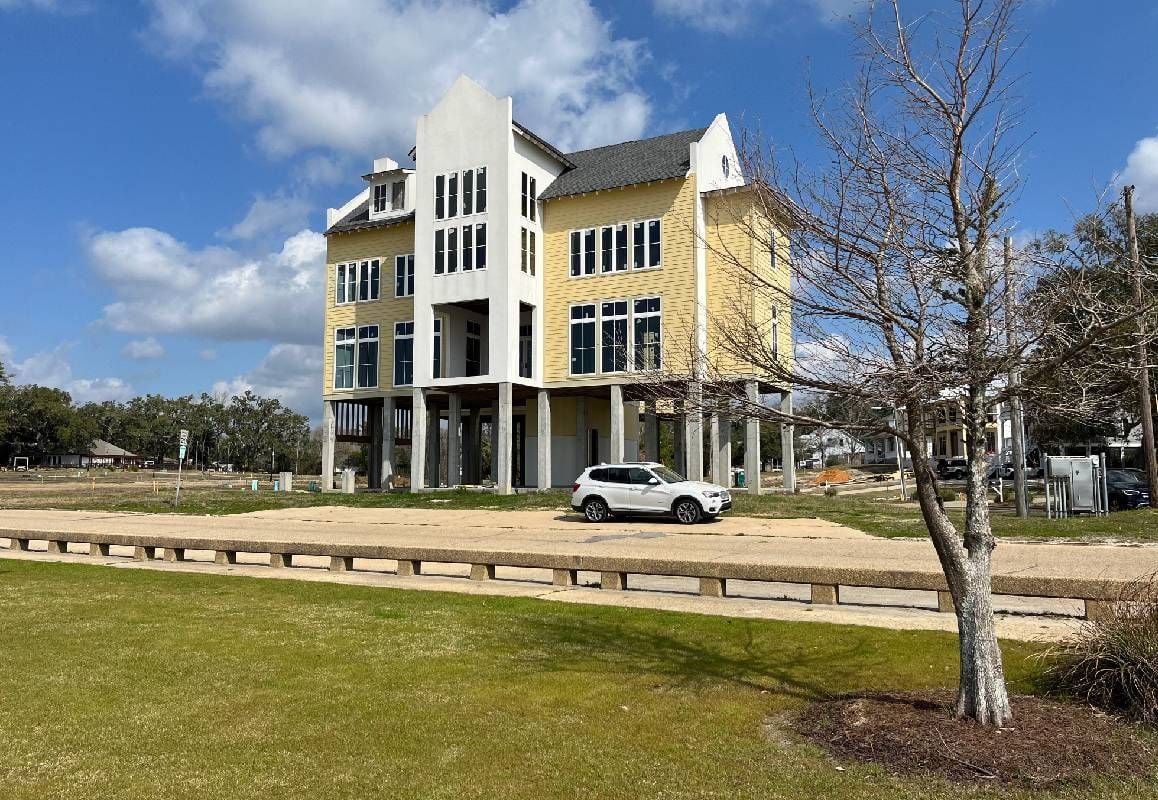
According to a recent analysis by the Washington Post, "One of the most rapid sea level surges on Earth is besieging the American South, forcing a reckoning for coastal communities across eight U.S. states," with records from numerous tide gauges showing "sea levels are at least 6 inches higher than they were in 2010 — a change similar to what occurred over the previous five decades."
In addition, federal forecasters are already warning of a potentially brutal hurricane season, months before it typically starts.
While no place is immune to the effects of climate shifts, DiStefano says the type and degree of risks vary widely, whether it's wildfires in the West, heat waves in Texas and Arizona or storms and tidal flooding along southeastern coastlines. Entrepreneurs need to be aware not only of what those particular risks are also but what local officials have done to make essential services and infrastructure more resilient.
Failing to Adequately Prepare
DiStefano laments that despite all the data gathered by government, academia and organizations like his, "What we haven't been doing for the past decades is invest in our infrastructure, and in particular, hardening our infrastructure where you have a confluence of climate risk and vulnerability to that risk."
"It's always in the back of your mind, living here," says Shannon Arzola, the female Pop Brother. "It's just a part of your life. If you can afford generators, you get generators. You do all the things you can do to be responsible for what you own."
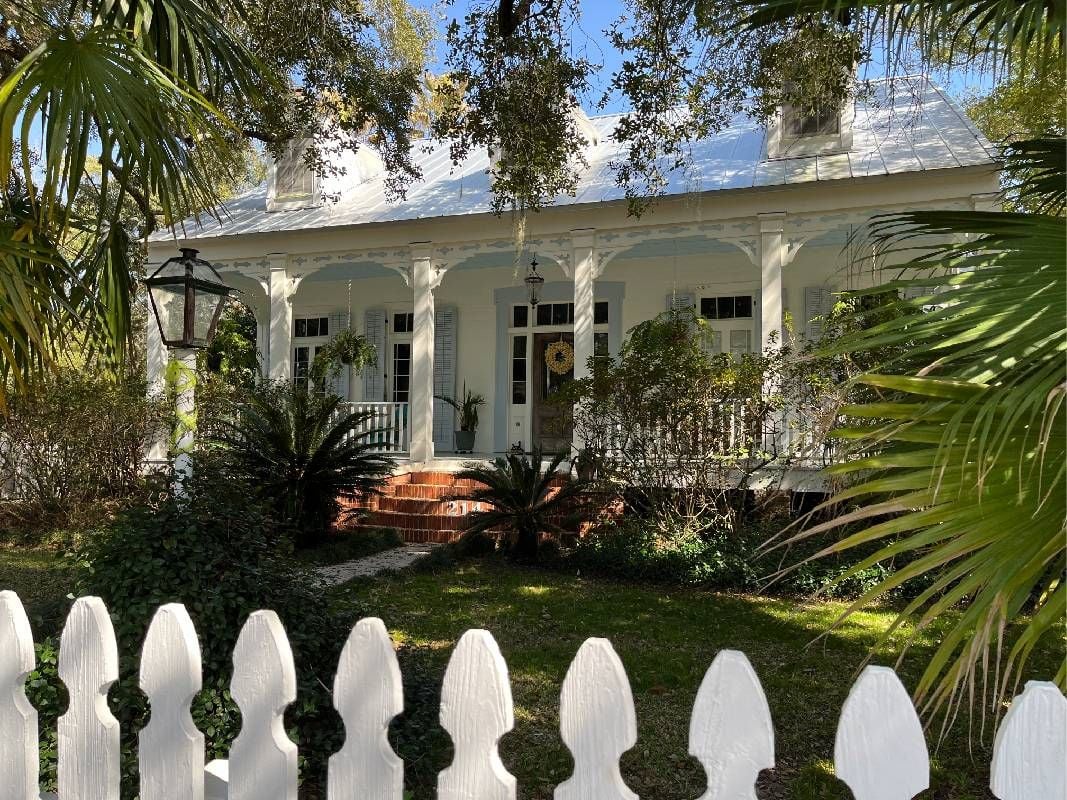
When one of the things you own is a business, with employees and physical assets, the risks and challenges are compounded. Kelly says at the time of Katrina, he had about 30 people on staff at his Salon Spa in Gulfport, Mississippi.
"You have a responsibility to be here, boots on the ground," he says, "the minute the wind slows down, get to the business, try to get it reopened as soon as you can. You've got employees, you've got mouths to feed."
Lose Your House, Keep the Mortgage
Kelly faced these responsibilities while also knowing he had five-to-six feet of water in his own house five miles inland, his sister and business partner says.
"Tell you what was really tough, and people don't realize is: OK, so your house blew away," she adds. "You still have a mortgage; you still have to pay it. Then you have to go find somewhere else to live and pay for that and [the original mortgage]."
As author Susan Crawford puts it, "It's human nature to see everything that happens to your home as an anomaly. We are capable of enormous self-deception."
In these early, if belated stages of public awareness, DiStefano says insurance may be the heaviest counterbalance against self-deception and high-risk development. The soaring cost of insurance for homes, cars and businesses in high-risk regions across the country is starting to outweigh attractions like low taxes.
"The facts are really going to matter for you when extreme weather comes more often and when your insurance company begins to non-renew," DiStefano says.
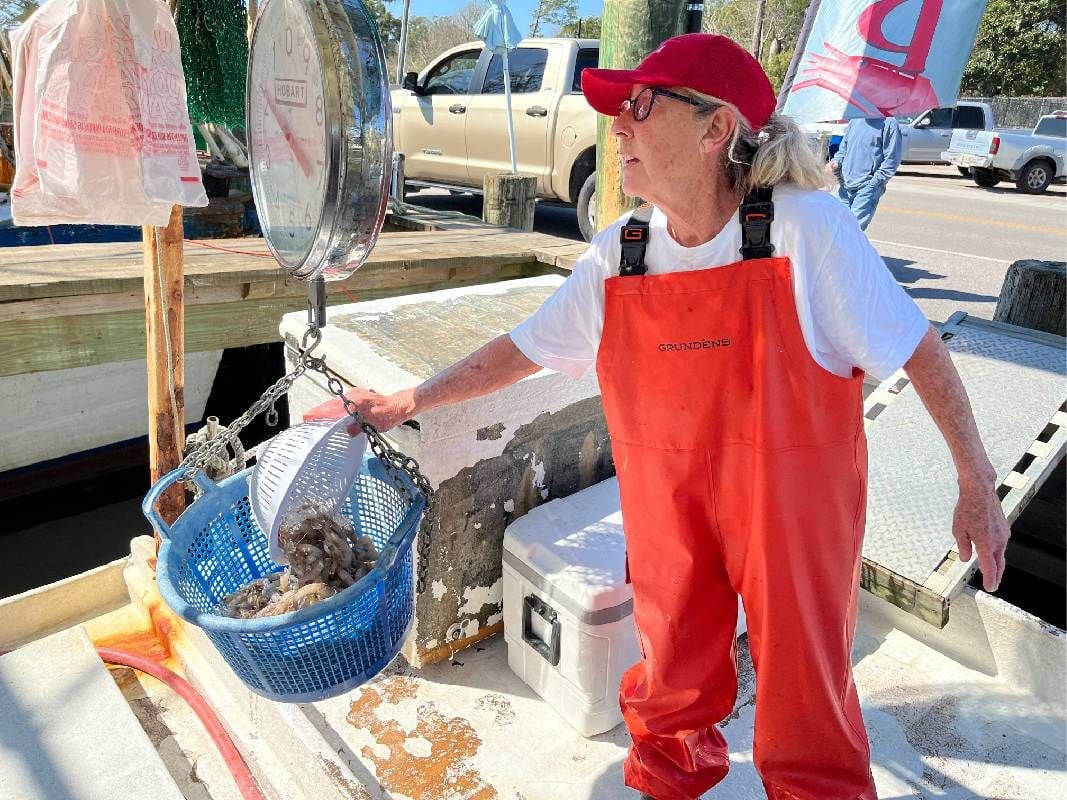
Meanwhile, along the bayou-laced Mississippi Coast, many long-term residents remain fatalistic about that risk. Aboard the shrimper Leona May, docked at Ocean Springs, Lois "Aunt Lo" weighs up 45 pounds of fresh shrimp for an eager customer. She and her nephew, Rick Block, Leona May's captain, feel they have bigger shrimp to fry.
They cite imports of cheap shrimp from Asia as a more immediate existential threat than any climate impact. "It's wiping us out," says Lois.
So dodging hurricanes? "Every year's different," Block reflects. "It's all hit and miss. How do you gauge that? If you gotta haul butt, you gotta haul butt. What are you gonna do?"
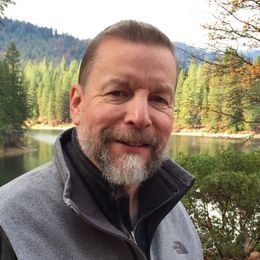
Read More

